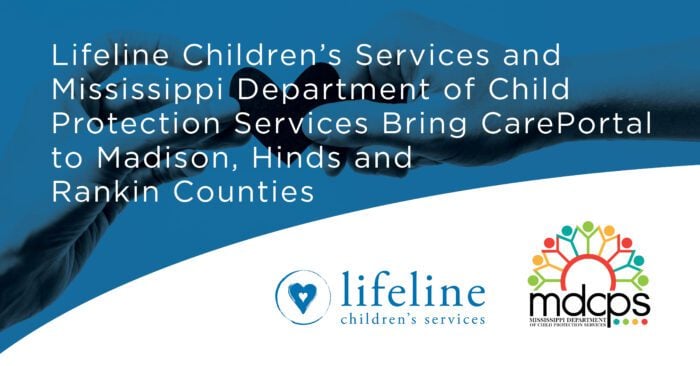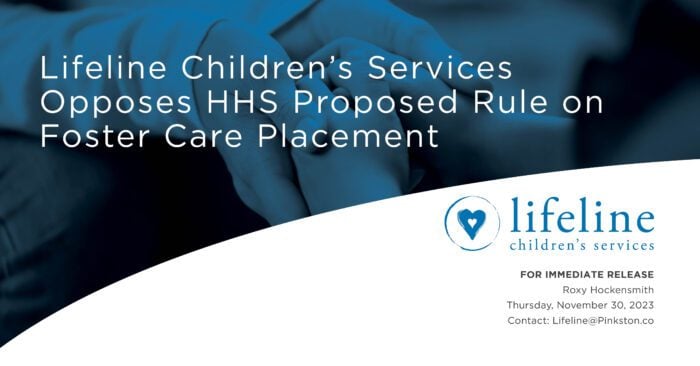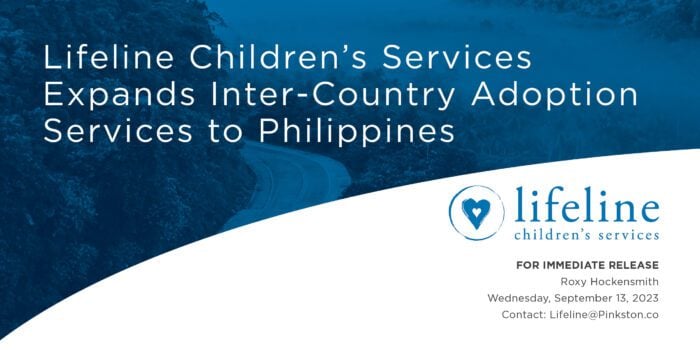From cover to cover of God’s Word, the Lord repudiates and denounces all forms of racism and ethnocentrism. It is our adversary, the Devil, who brings hatred and animosity between the people created in God’s image. Our “adversary the devil prowls around like a roaring lion, seeking someone to devour”(1 Peter 5:8) and wants to separate and destroy the image bearers of God.
It is the responsibility of the Lord’s children to show racial reconciliation and the gospel in the distinctive ways that we live our lives. Our lives should reflect our love for the coming Kingdom and in the coming day when as Dr. Martin Luther King, Jr. said “all of God’s children, black men and white men, Jews and Gentiles, Protestants and Catholics, will be able to join hands and sing in the words of the old Negro spiritual: ‘Free at last. Free at last. Thank God Almighty, we are free at last.’”
There are ten ways I believe we are all called to defend the weak, the poor, the widow, the vulnerable, and especially those who are ethnically different from us. I believe we need to start immediately with these ten as we are under attack by an enemy who seeks to infect our hearts with hatred against the Imago Dei.
- We must condemn all forms of racism, genocide, and ethnocentrism and call them sin. It is easier to speak out against groups like ISIS as they are beheading Christians and spewing hate and venom through-out the Middle East. But it is much more difficult to look at ourselves and admit to the racism in our own hearts. It is evil and we must condemn it.
- We must teach what the Bible says about racism to ourselves, to our children, to our churches, to our neighbors, and to the world. We must be biblically accurate and clear that all men are created in the image of God, and that all men and ethnicities come from one man, Jesus Christ. We must preach that God detests racism.
- We must repent of the sin of racism and favoritism, whether big or small in our own life. The truth of the matter is, we can’t point the finger at others until we point the finger at ourselves. We need to examine our own hearts and address the hatred we find there. Let’s repent of the sin of racism and favoritism and remove the log out of our own eye before removing the speck from our brother’s.
- We must drop to our knees and pray. We need to pray for ourselves that we would love one another as image bearers of Christ. We need to pray for our nation that we would repent and turn from the hatred on our streets. We need to pray for our world and for the brutal genocides taking place on every continent. Let us pray toward the day when King Jesus will unite us. Come, Lord Jesus.
- We must preach the gospel to ourselves and to our neighbors. We desperately need the gospel each and every day. It reminds us who we really are — messy sinners in need of a perfect Savior. Let us preach the gospel to ourselves and then let us preach the gospel to our neighbors. This is the only hope of reconciliation.
- We must continue speaking against racism, ethnocentrism, genocide, and hatred through the lens of the gospel. It is so easy today to go to social media and give immediate reaction to current events. This medium allows us to tell others what “we think.” May we instead use these mediums to speak humbly about racism through the lens of the gospel.
- We must be passionate and speak out against racism and other sins that create superiority of one over another in the same way that we speak up for the unborn. These are all equal issues concerning the sanctity of human life.
- Specifically for my white brothers and sisters or those of use who are in the place of privilege, we must ask our African American brothers “and sisters how they are processing the events of racism that we see daily. Let’s humbly ask those without privilege how they process the ethnocentrism in our society. Then, with sincerity, let us apologize for what is happening to them and to our world.
- We must fight the urge to make the sanctity of life a political issue. Let us not become secular in our thinking, caustic with our rhetoric, or identified on all issues by a political party. It is okay to align more from a policy perspective with a political party and to disagree on those alignments with our brothers and sisters. It is never okay to call good evil and evil good all for the sake of our politics. Jesus is our ultimate King and His Kingdom is our real home.
- We must continue to speak out for the 153 million orphans. Let us continue to speak up for vulnerable children while not belittling their biological families who may have lost their child to foster care because of their poor choices or who may have passed away because of a rough life. Let’s never speak down about a child’s country of origin or their culture, but instead let’s speak with grace about the orphan, their families, their cultures, and their heritage. As God’s chosen people, His royal priesthood, and His chosen ones, let us speak up for the rights of others and speak out against injustice. We must embrace diversity because it is the song of Heaven as every tribe, from every people, in every language will stand before the throne of God praising our Savior.
This blog was adapted from Chapter Four of Image Bearers: Shifting from Pro-birth to Pro-life by Herbie Newell, the President/Executive Director of Lifeline. You can purchase a full copy here.




